By Deepika Lama
America News World
October 19, 2025

Pakistan’s Defence Minister Khawaja Asif
In a dramatic escalation of the simmering Pakistan-Afghanistan border conflict, Pakistan’s Defence Minister Khawaja Asif has issued a stark ultimatum: All Afghans living in Pakistan must return to their homeland immediately. The fiery statement, posted on social media on October 17, 2025, comes amid fresh airstrikes by Pakistani forces in Afghanistan’s Paktika province, which killed at least 10 civilians—including three promising Afghan cricketers—and shattered a fragile 48-hour ceasefire. As tensions boil over along the disputed Durand Line, Asif accused the Taliban-led government in Kabul of acting as a “proxy” for India, conspiring with New Delhi and the banned Tehreek-i-Taliban Pakistan (TTP) to destabilize Pakistan.
“Pakistan can no longer afford to maintain relations with Kabul as it did in the past,” Asif declared in his post. “All Afghans residing on Pakistani soil must return to their homeland; they now have their own government, their own caliphate in Kabul. Our land and resources belong to 250 million Pakistanis.” The remarks underscore a nationalist pivot in Islamabad’s foreign policy, framing the crisis as an existential threat to Pakistan’s sovereignty and resources. Asif emphasized that “self-respecting nations do not thrive on foreign land and resources,” signaling an end to decades of uneasy hospitality toward Afghan refugees.
This outburst follows a week of unprecedented violence that has claimed dozens of lives on both sides, drawing international alarm and prompting emergency talks in Doha, Qatar. The conflict, rooted in long-standing accusations of cross-border terrorism, has seen Pakistan launch precision airstrikes deep into Afghan territory—targeting TTP and other militant hideouts—while the Taliban retaliates with ground assaults on Pakistani border posts. With over 1.4 million registered Afghan refugees in Pakistan and millions more undocumented, Asif’s call for repatriation could trigger a humanitarian crisis, exacerbating the already volatile situation in South Asia.
Roots of the Pakistan-Afghanistan Border Conflict: A Timeline of Escalation
The 2025 Pakistan-Afghanistan conflict marks a dangerous new chapter in the neighbors’ fraught history, triggered by a surge in TTP attacks on Pakistani soil. Since the Taliban’s 2021 takeover of Kabul, Islamabad has accused Afghanistan of harboring TTP militants, who have launched over 10,347 terror incidents since then, killing 3,844 people—including civilians, soldiers, and police—according to Asif’s data. Pakistan claims it has issued 836 protest notes and 13 formal demarches to Kabul, met with denials and inaction.
The flashpoint erupted on October 9, 2025, when Pakistani jets conducted rare airstrikes in Kabul, Khost, Jalalabad, and Paktika provinces, targeting TTP leader Noor Wali Mehsud and other high-value operatives. Explosions rocked Kabul’s Abdul Haq Square, killing at least two senior TTP members, though an unverified audio from Mehsud claimed he survived. 21 Afghan officials decried the strikes as a sovereignty violation, with residential areas hit and civilians among the casualties.
By October 11, the Taliban retaliated with coordinated attacks on multiple Pakistani military posts along the Durand Line—the colonial-era border neither side fully recognizes. In Spin Boldak (Kandahar province) and other hotspots like Kurram and Chaman, fierce clashes killed dozens, including 58 Pakistani soldiers according to Taliban claims, though Islamabad reported repelling the assaults with 30 Taliban fighters slain. 17 Ground fighting spilled into heavy artillery exchanges, displacing thousands and closing key border crossings.

A temporary 48-hour ceasefire brokered on October 13 brought brief respite, extended amid Qatari mediation for Doha talks. But on October 15, violence reignited in Spin Boldak, where Pakistani airstrikes targeted Taliban headquarters in Kandahar and Kabul, killing over a dozen civilians and wounding 100. 14 The UN Assistance Mission in Afghanistan (UNAMA) reported at least 18 killed and 360 wounded by October 16, urging de-escalation.
The breaking point came on October 17, when Pakistan’s air force struck again in Paktika’s Urgun and Barmal districts—hours after the ceasefire’s extension. Afghan sources reported 10 deaths, including three cricketers returning from a local match: Kabeer (top-order batsman), Sibghatullah (medium-fast bowler), and Haroon (all-rounder). 15 The Afghanistan Cricket Board (ACB) condemned the “cowardly attack,” withdrawing from an upcoming T20I series against Pakistan and Sri Lanka. Captain Rashid Khan called it “barbaric,” while Mohammad Nabi labeled it a “national tragedy.” 19 Pakistan justified the strikes as targeting the Hafiz Gul Bahadur Group, linked to a suicide bombing that killed seven troops in Mir Ali. 22
Khawaja Asif’s Explosive Accusations: India in the Crosshairs
Asif’s statement didn’t stop at repatriation demands. He lambasted Kabul’s rulers as ingrates: “The rulers of Kabul, who are now sitting in India’s lap and conspiring against Pakistan, were once under our protection, hiding on our land.” This unprovoked swipe at India echoes Pakistan’s narrative of external meddling, tying the crisis to broader regional rivalries. Asif referenced Taliban Foreign Minister Amir Khan Muttaqi’s recent Delhi visit for trade talks, implying a covert alliance with the TTP to undermine Islamabad.
“Pakistan has exercised patience for years but received no positive response,” Asif wrote, vowing no more “protest notes or appeals for peace; no delegations will go to Kabul.” Instead, “wherever the source of terrorism lies, it will have to pay a heavy price.” He reaffirmed Pakistan’s defensive posture, warning of retaliation against any aggression and readiness to fulfill the Taliban’s “wish for war.”
Social media erupted with reactions. On X (formerly Twitter), Pakistani users hailed Asif’s “tough stance,” with one post noting, “Khawaja Asif is going to show Afghans their place” during Doha prep. 2 Afghan voices decried it as inflammatory, with activists warning of refugee backlash. 8 Indian commentators dismissed the claims as deflection, pointing to Pakistan’s own TTP ties pre-2021.
Doha Talks: A Glimmer of Hope or Recipe for Failure?
Asif’s rhetoric overshadowed Saturday’s high-level Doha meeting, where he led Pakistan’s delegation alongside intelligence chief General Asim Malik. The agenda: Ending cross-border terrorism, with Islamabad demanding verifiable Taliban action against TTP and Balochistan Liberation Army (BLA) factions. 3 Qatar’s mediation, appreciated by Pakistan, aims to restore stability, but the Paktika strikes cast a long shadow. A senior Taliban official told AFP the truce is “broken,” threatening retaliation.
Global powers weighed in: The UN called for restraint, while U.S. officials—echoing Trump’s past “easy solve” boasts—urged dialogue. 13 China and Iran, with stakes in regional trade, pushed for de-escalation to avert spillover.
Humanitarian Fallout: Refugees, Cricketers, and Regional Ripples
Asif’s repatriation call risks mass displacement. Pakistan hosts 1.4 million registered Afghans, many fleeing decades of war. Forced returns could overwhelm Taliban resources, sparking famine and unrest in a nation already grappling with 29 million in acute food insecurity.
The cricketers’ deaths amplified the tragedy’s human toll. Funerals in Paktika drew thousands, with ACB’s withdrawal symbolizing Afghanistan’s resolve. 29 Yuvraj Singh offered condolences, tweeting solidarity with victims.
Economically, closed borders disrupt $2.5 billion in annual trade, fueling inflation in both nations. Militarily, the clashes strain Pakistan’s forces amid India tensions, while the Taliban faces internal dissent.
What Lies Ahead in the Pakistan-Afghanistan Standoff?
As Doha unfolds, the world watches a powder keg. Will Asif’s hardline push yield concessions, or ignite full-scale war? Pakistan’s strikes signal zero tolerance for TTP sanctuaries, but at what cost? For Afghans caught in the crossfire, the message is clear: Home, however perilous, beckons.
This Pakistan-Afghanistan border crisis isn’t just bilateral—it’s a test of South Asian stability. With India’s shadow invoked, the stakes are global. Stay tuned to America News World for live updates on the Doha outcome, TTP threats, and refugee flows.
Deepika Lama is a senior correspondent at America News World, specializing in South Asian geopolitics and conflict reporting. Follow her on X @DeepikaLamaANW for real-time insights.
Discover more from AMERICA NEWS WORLD
Subscribe to get the latest posts sent to your email.
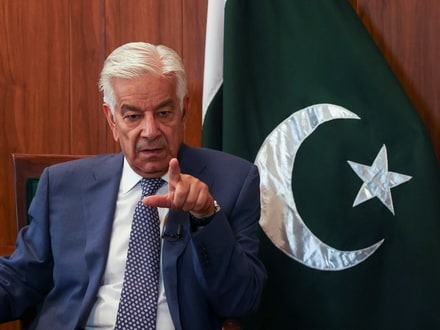




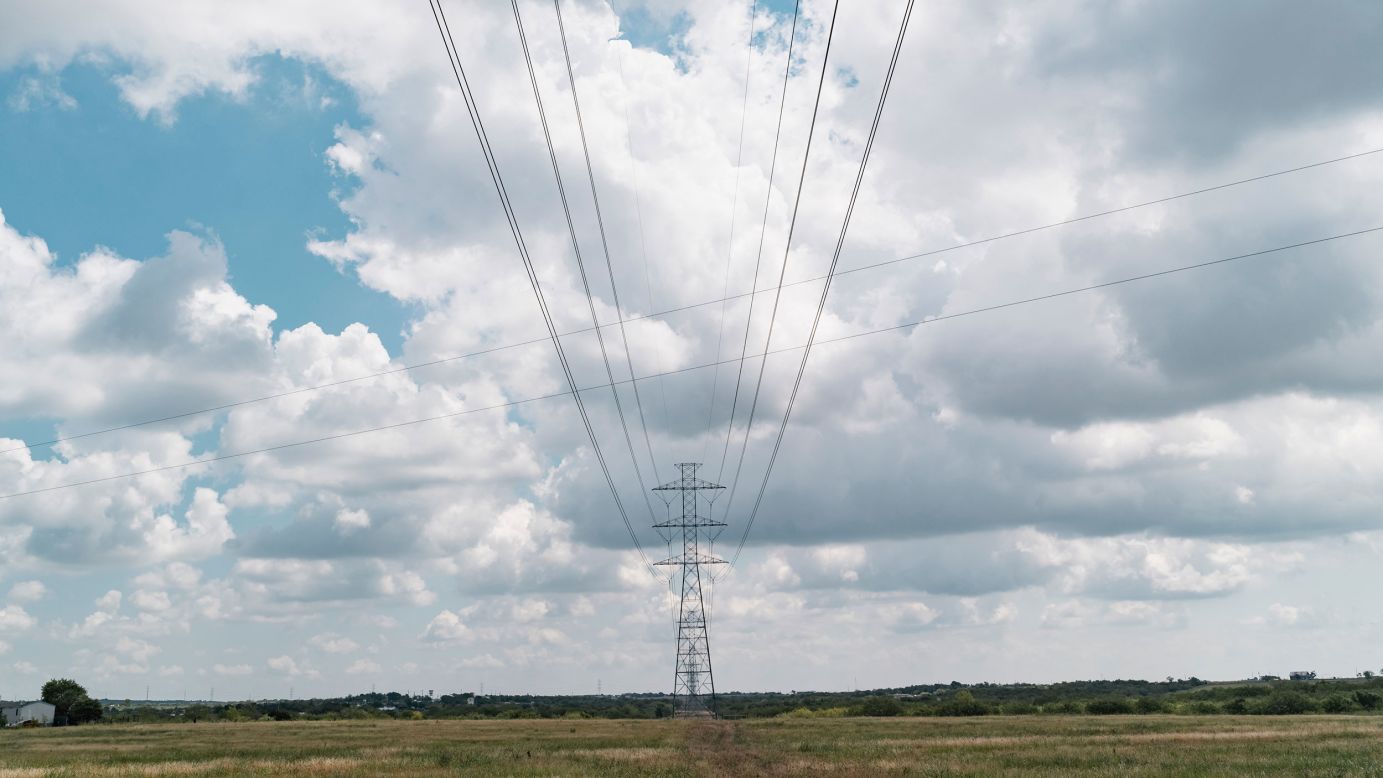







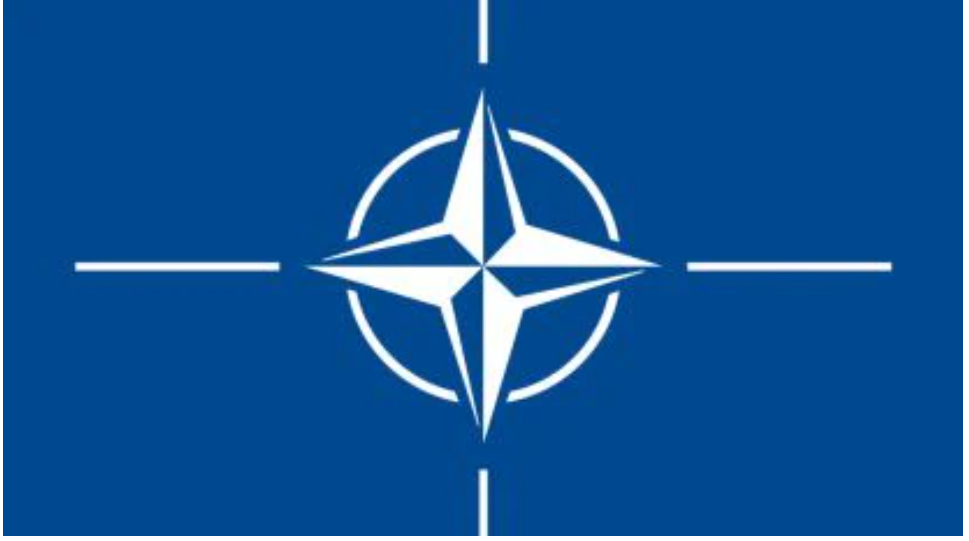


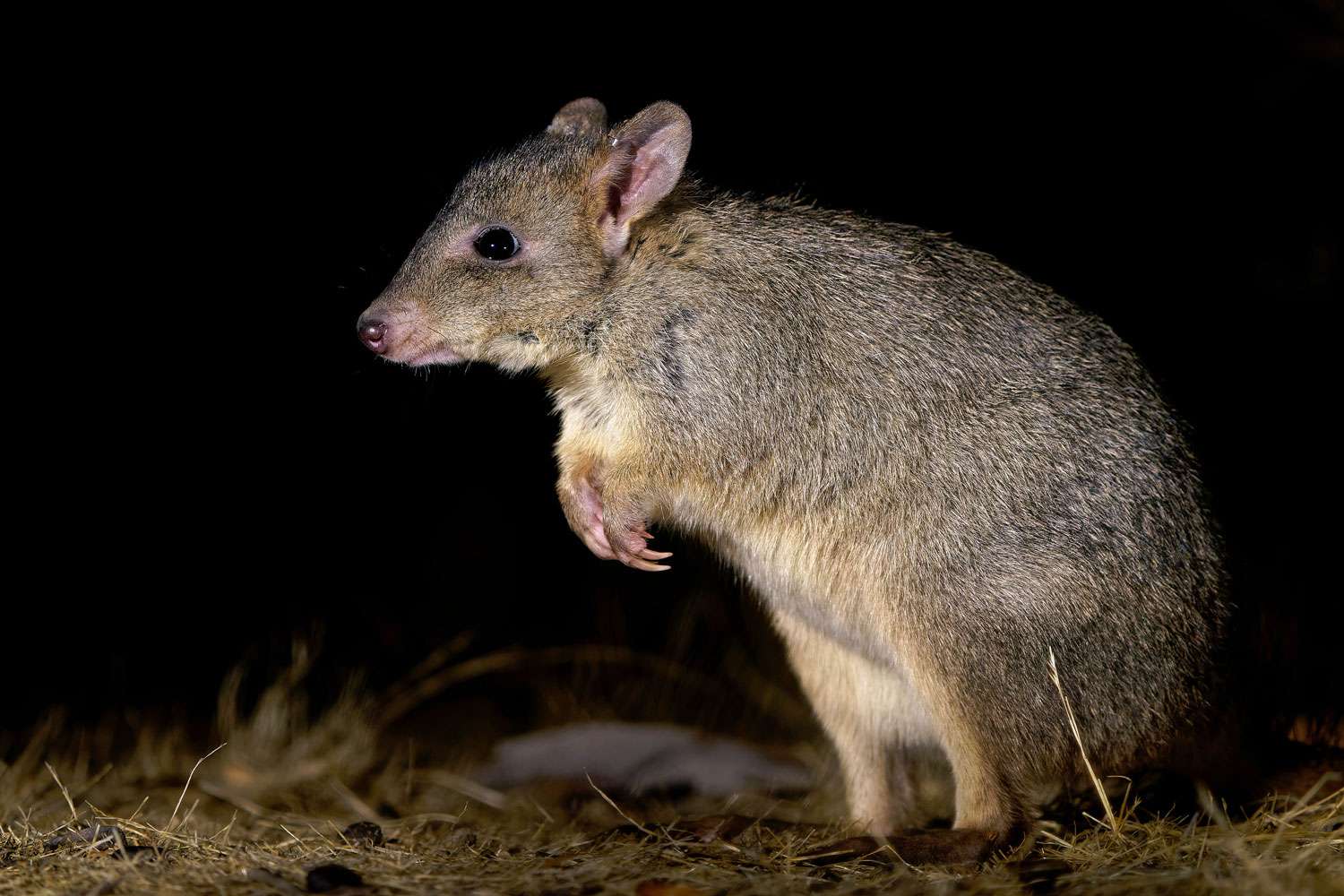

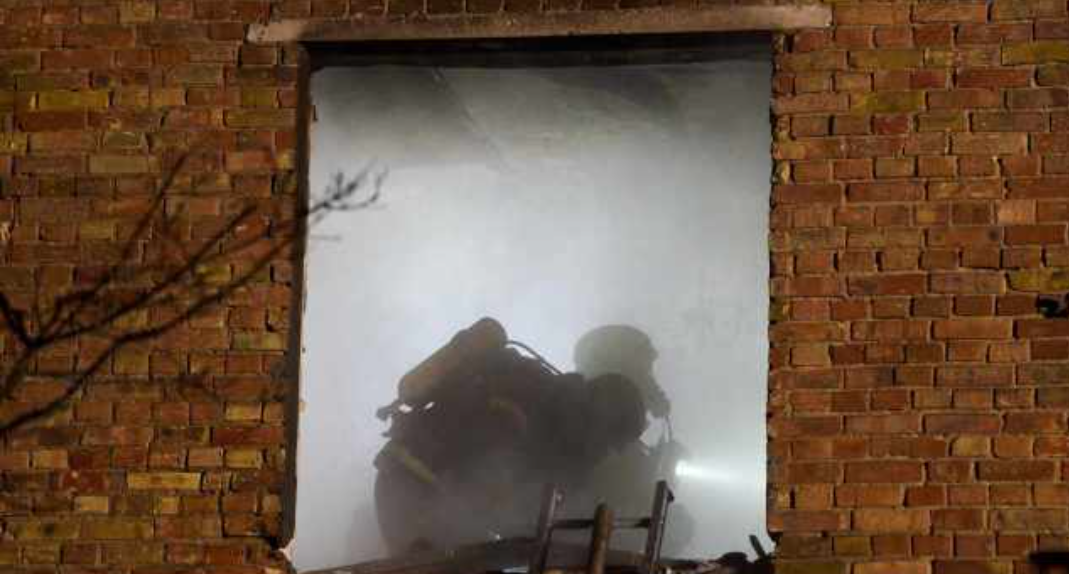



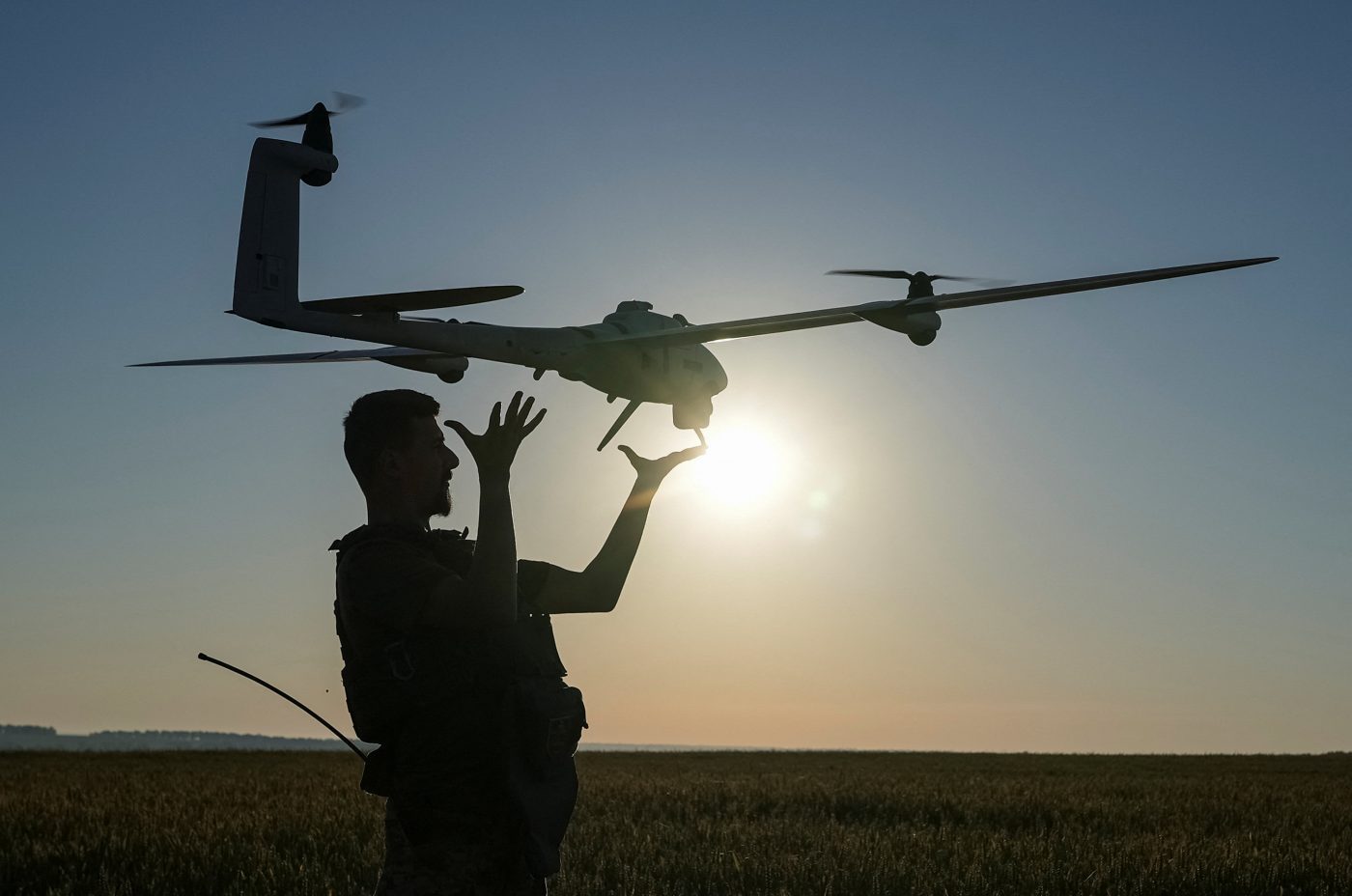









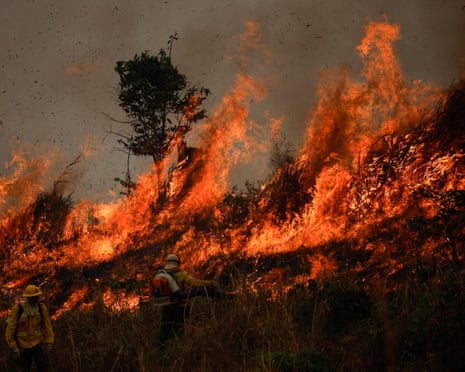
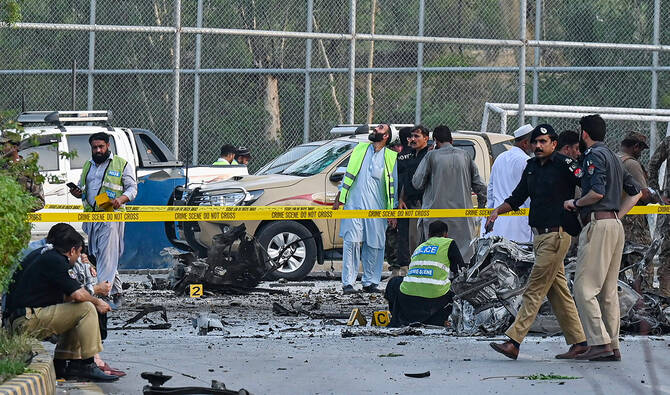


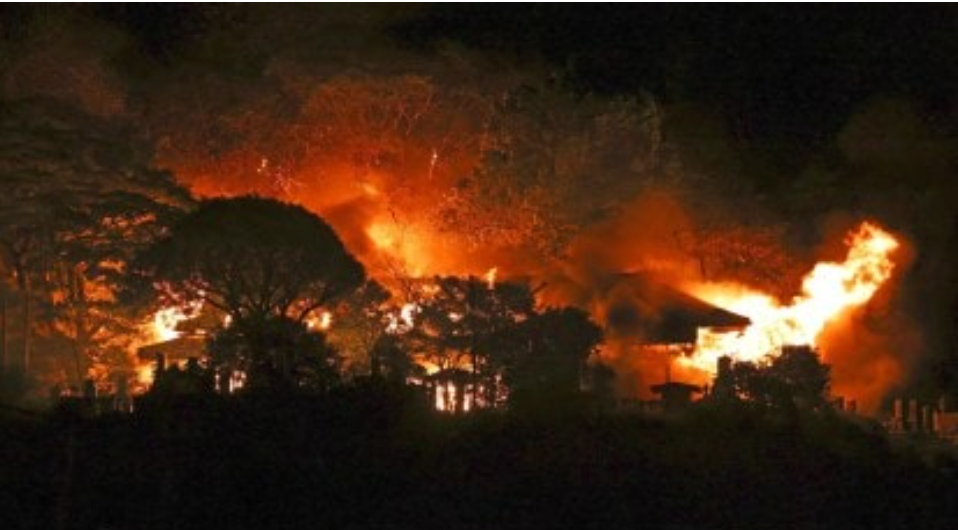


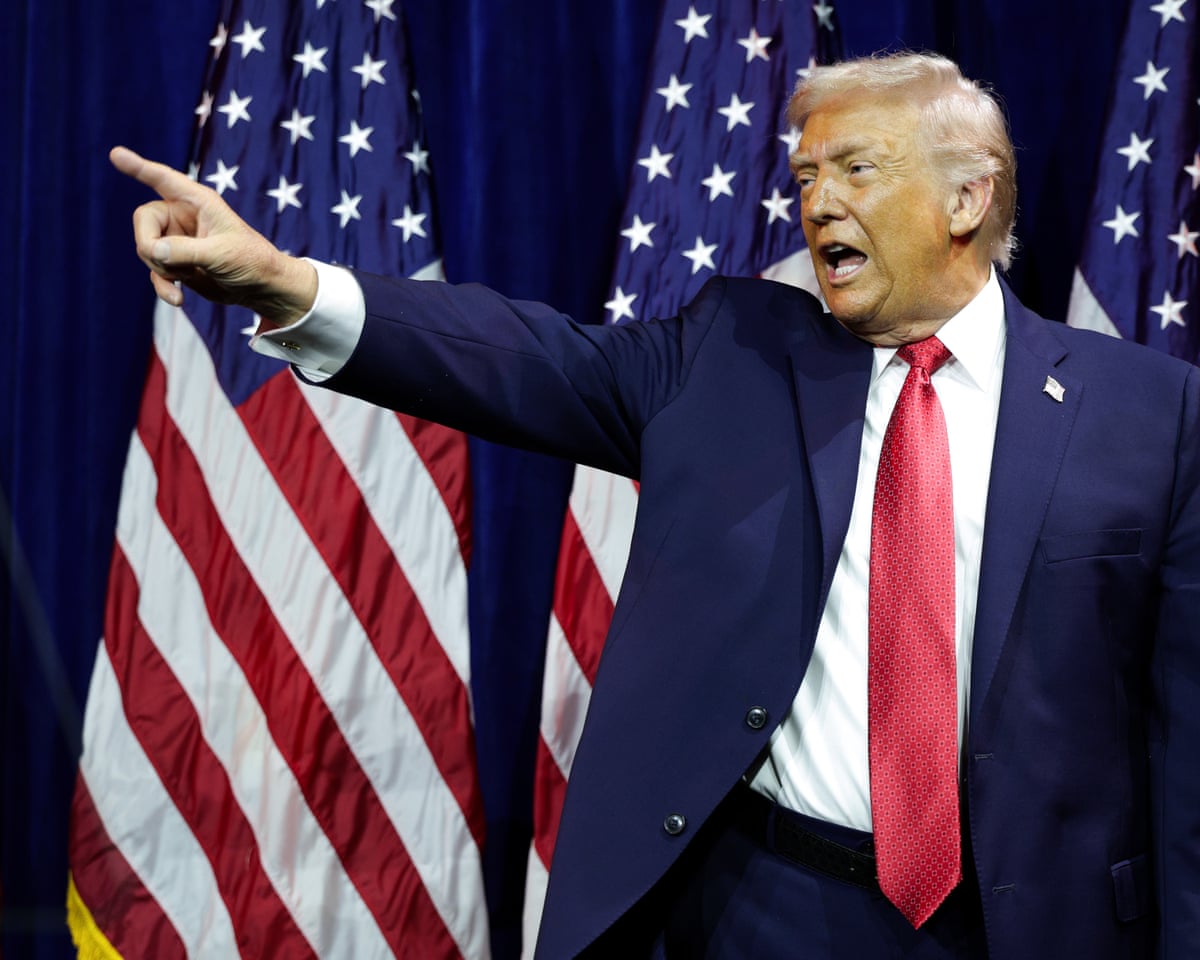

Leave a Reply